To the Top Themes overview
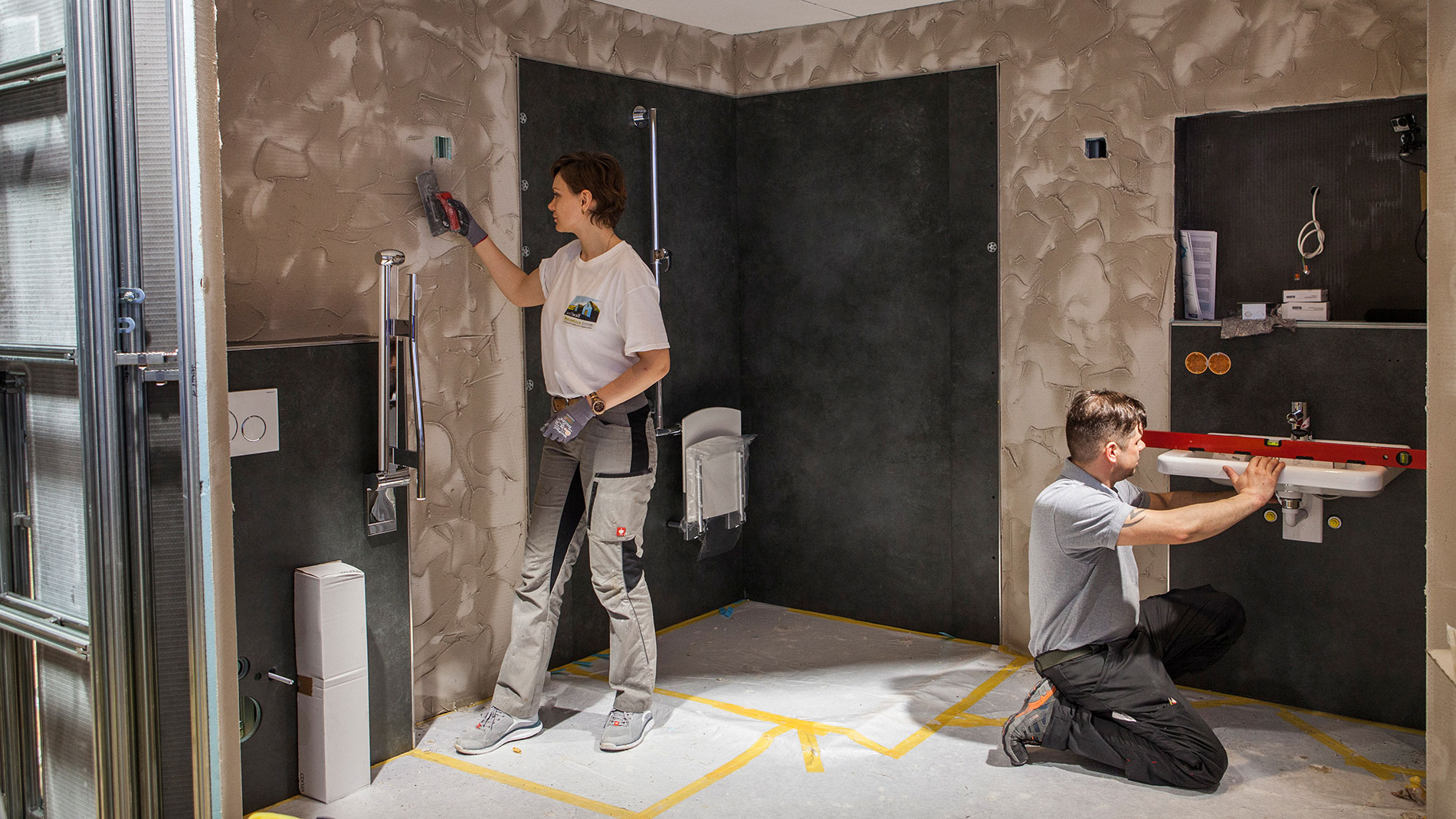
The results of a poll conducted on behalf of the German Sanitation Industry Association (VDS) show clearly that upgrading the bathroom tops the list of modernisation work planned in Germany. According to the poll, some 16.7 million Germans are planning to invest in their bathrooms in the near future and no less than 6.2 million of them are considering a complete overhaul. Against this background, ISH digital 2021, the leading international trade fair for the sector, has an important role to play. Product concepts focusing on modernisation could help the sector to exploit this dynamic situation to the full and more efficiently despite a shortage of skilled personnel.
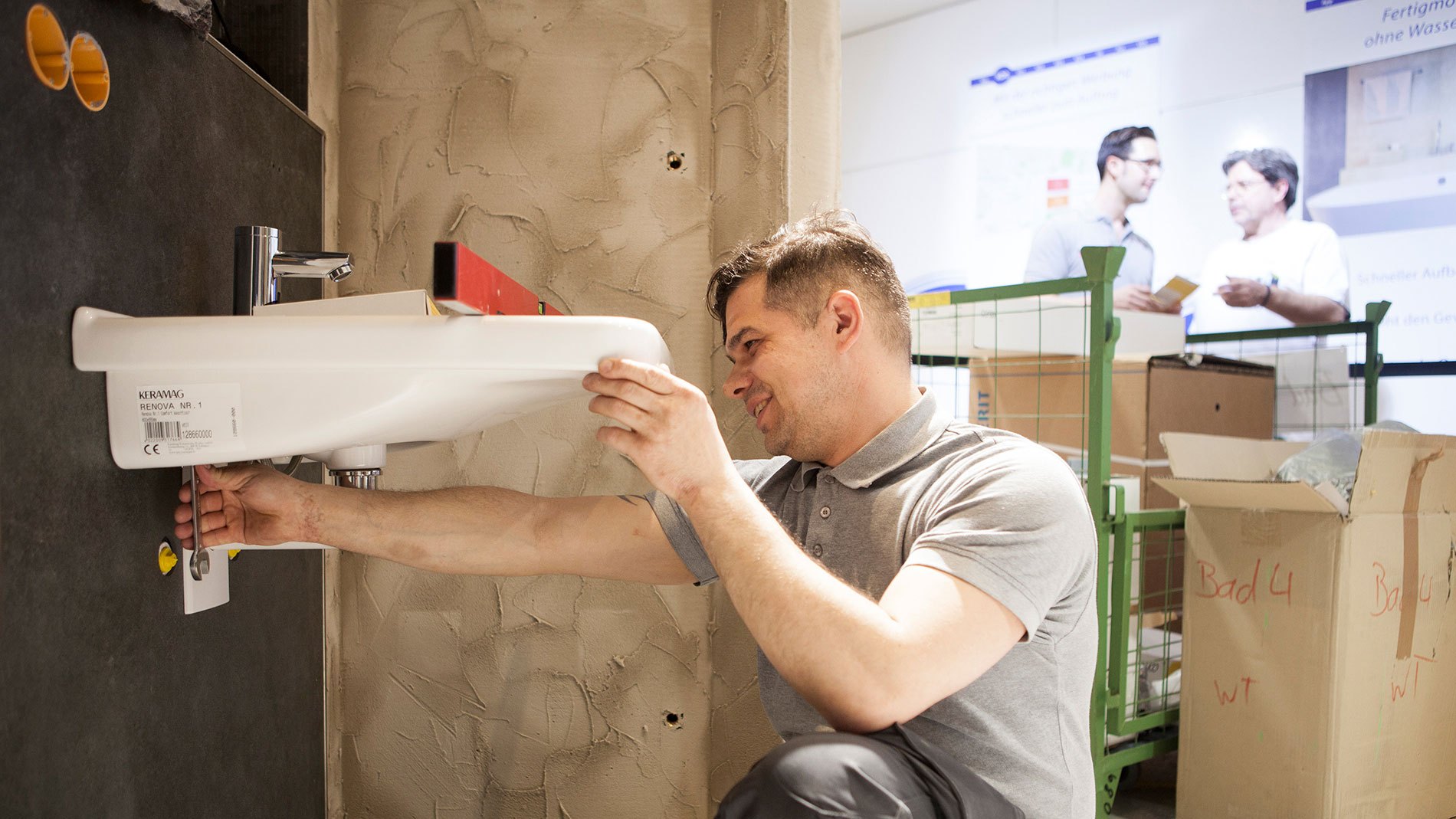
In general, the baby-boomer target group is not embarking on modernisation projects because they are moving or have bought a property. Their focus is on defects, damage, general wear and tear and the need for improved accessibility. Additionally, modernisation taking account of environmental aspects is also growing in importance. Whereas personnel shortages and the new building boom made it difficult to begin many bathroom-modernisation projects in 2017 and 2018, B+W Bonn (www.bl2020.com) estimates that the proportion of modernisation projects carried out has now started to rise again in comparison with 2018. All in all, the 2020 study gives ground to expect a positive development in the number of bathroom modernisation projects to be expected in the future.
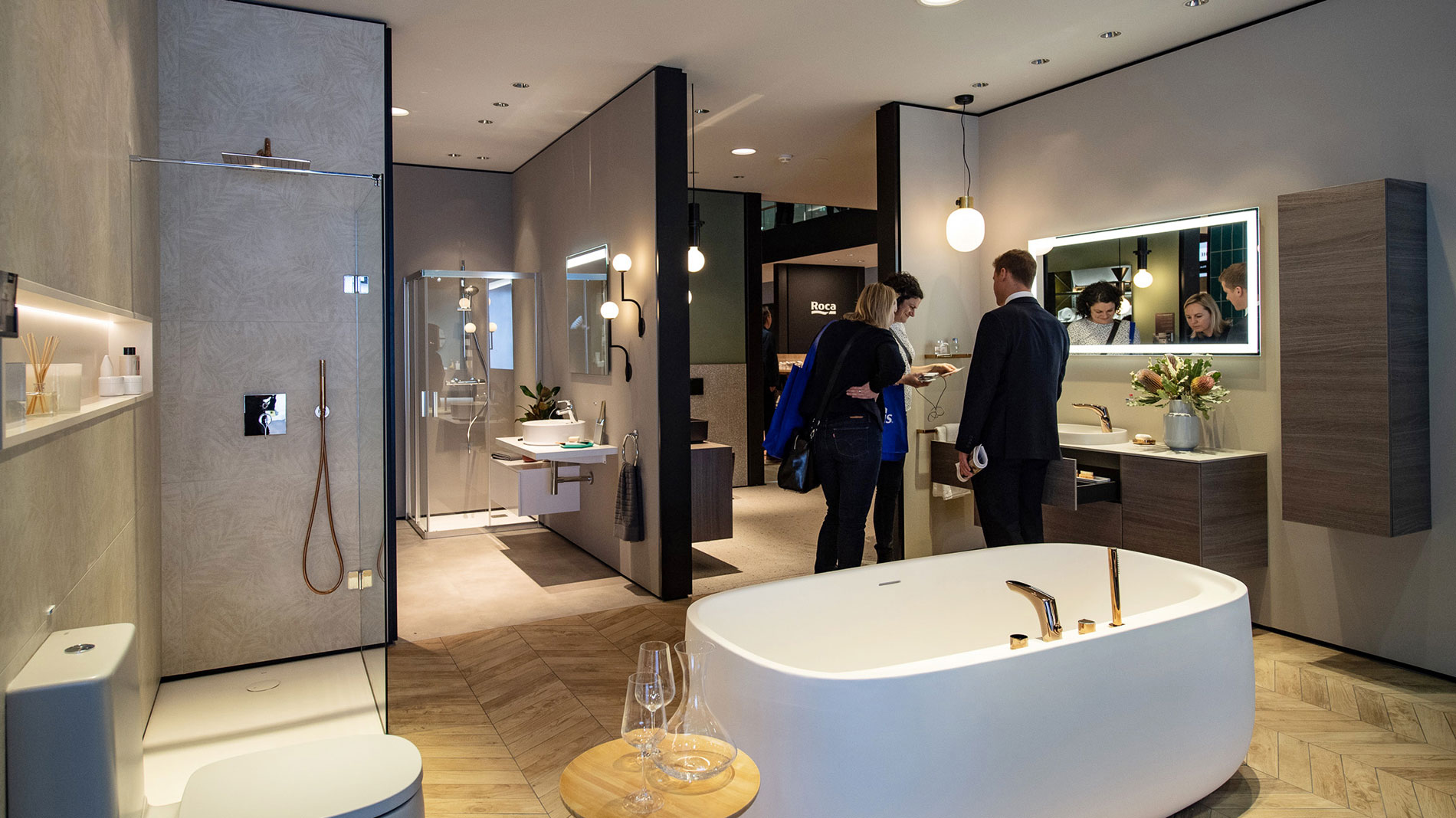
Inflation is a subject of no little importance: investments are made in owner-occupied or rented-out property to counteract the loss in value of money over time. “Property owners who have invested little or nothing in their bathroom for almost 20 years can now profit from the great technological developments made in the sanitation field over recent years. Besides the lasting value added and the lifestyle-oriented progress made by modern bathroom architecture, innovative bathroom products, such as an electronic bidet or a spacious, barrier-free shower, offer tangible value added and thus contribute to an increase in the value of the property”, says Jens J. Wischmann, Managing Director of the German Sanitation Industry Association (VDS). “For the next ten years, the VDS anticipates not only an upward bathroom-modernisation trend but also large investments in the public sector, for instance, in kindergartens and schools, as well as in the hospitality field. There is widespread interest in modernising the bathroom to provide an improved quality of life and the wish to make the time spent there more pleasurable is greater in no other room when it comes to private dwellings or in any other part of public buildings.”
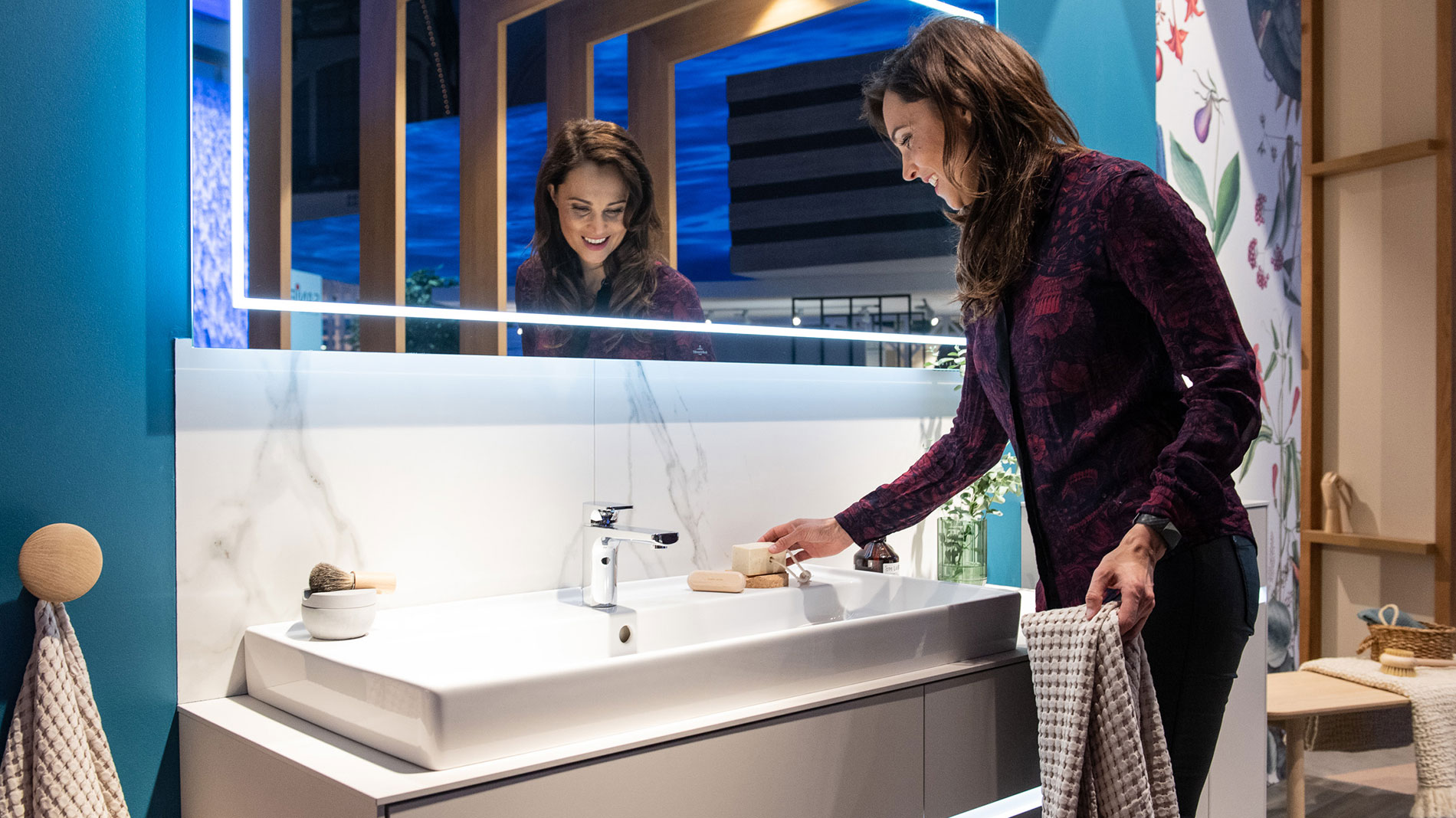
In addition to a modernisation backlog in Germany’s private bathrooms – no less than 17.7 million ‘first bathrooms’ have not been renovated since the house was built or the owner moved in (on average, they are 19.5 years old, VDS, Forsa) – the semi-public and public sphere is gaining in significance for the modernisation market. The hospitality sector is investing more and more in lifestyle foodservice, in high-grade sanitary facilities and in hotel bathrooms. There is also a dramatic investment backlog in the case of kindergartens, schools and other educational institutes. Germany’s sanitation industry is ready to meet the demand for the products required.
Jens J. Wischmann in interview
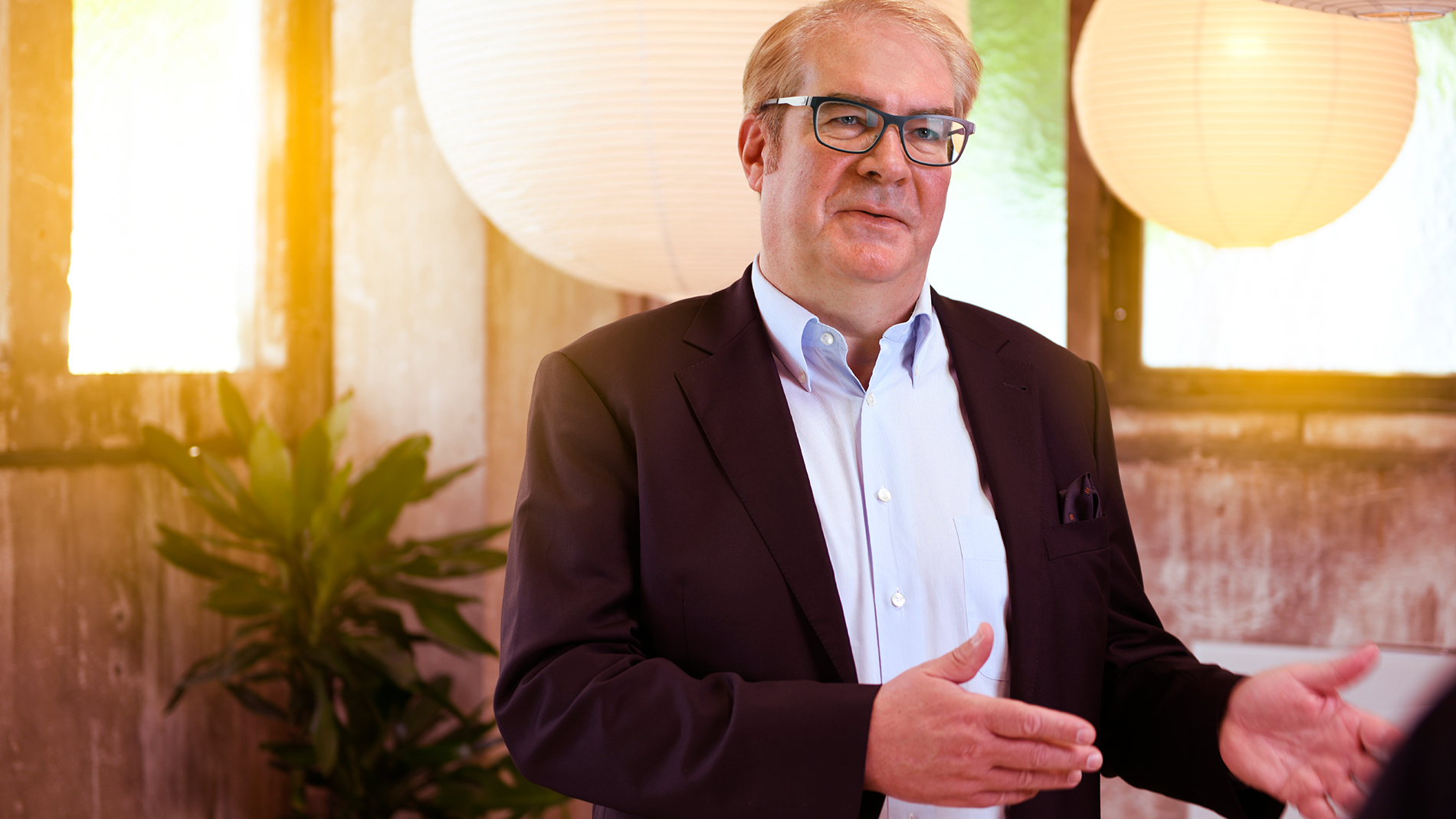
Economic collapse on the one hand, a surge in renovation on the other; social deprivation versus increasing media culture, in which new ideas for your house and photographs of stylish homes are exchanged; spruce houses or apartments in which, apart from video visitors, no guests are expected, and sports enthusiasts who do their training in front of mirrors. What does this all mean for the bathroom? Jens J. Wischmann, Managing Director of the Association of the German Sanitary Industry (VDS) and joint founder of the trend platform Pop up my Bathroom, discusses the coming surge in renovation for bathrooms.
Renovation seems to be a major topic in the German-speaking countries – you have even spoken of a surge in renovation.
Jens J. Wischmann: Over the next few years the real-estate market will be seeing a prolonged surge in renovations. In Germany renovation of bathrooms comes at the very top of these planned renovation works. Our survey has shown that 16.7 million Germans intend to invest in their bathrooms before long. 6.2 million Germans are even planning a general overhaul. Moreover the pandemic is operating as a catalyst. The home is becoming ever more important. Given this backdrop, the industry's leading international trade fair, ISH digital 2021 in Frankfurt, will be of particular importance. I think we shall also see a number of new developments which will contribute to simplifying bathroom renovation.
What motivation do apartment or house owners have in renovating their bathrooms?
Jens J. Wischmann: Builders' clients who for nearly 20 years have scarcely invested any capital in their own bathrooms are benefiting now from the enormous technological development in sanitary products which has taken place over the last few years. In such a renovation process these properties will therefore not only come to participate in the modern standard of a lifestyle-based bathroom architecture; they will also be able to enjoy innovative bathroom products – such as shower WCs, or a spacious, floor-level shower. The concrete added value which this work brings can certainly contribute to an increase in the property's value.
The VDS is calling for a new approach to severely outmoded bathrooms on the part of the decision makers, housing associations and landlords. What do you mean by that?
Jens J. Wischmann: In rented properties bathroom renovations frequently cover only what is absolutely necessary. Often the landlords are put off by the capital-investment costs or potential loss of rents. Yet a bathroom renovation represents financial input to the maintenance of a property's value like no other modernisation measure.
But it is not just in private bathrooms that renovation would need to come. Parents of schoolchildren will be glad to see that the VDS is also calling for the modernisation of toilets in educational institutions.
Jens J. Wischmann: Going to the toilet, and then washing your hands, is a basic human need, which we in our highly developed industrial country must also recognise. Some of the conditions in German schools, kindergartens and universities are dreadful. A change of course on the part of those responsible is absolutely necessary.